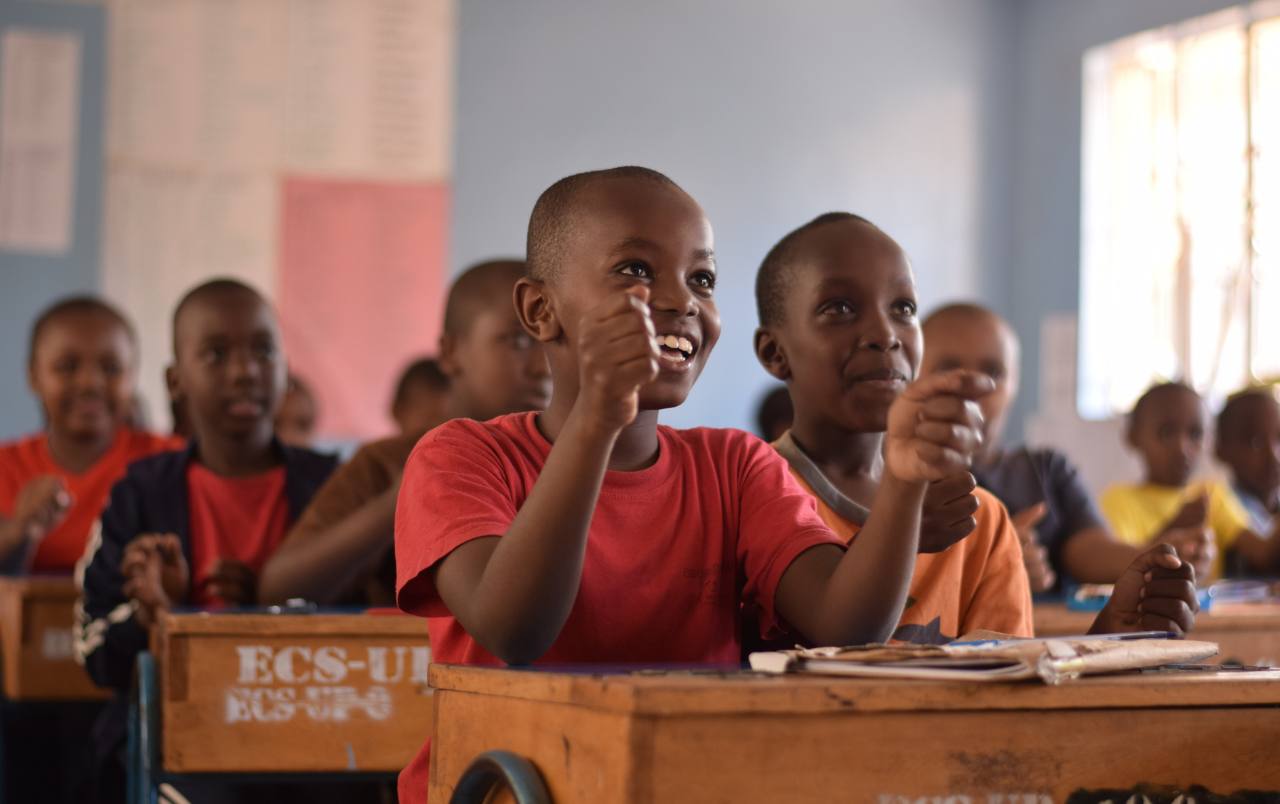South-South Global Thinkers is a global coalition of think tank networks that facilitates the sharing of knowledge, expertise, and perspectives…
The pandemic undermined the progress towards the Sustainable Development Goals. The prosperity of the Global South, including Nigeria, depends on universal quality education at the foundation level. This article highlights how the pandemic reversed the gains realised since 2015. It describes how technology and partnership could help build back the educational sector to achieve inclusive quality learning.
Educational inequality describes the disparity in education opportunities among socio-economic, regional, and cultural groups. In Nigeria, for example, the school completion rate among children from wealthy households and the southern region is 63% and 34% higher than those from low-income families and the northern part. Such educational inequalities contribute to widening disparity in opportunities. People with low or little education are more likely to work in the informal sector and low-wage employment. High educational disparities are associated with lower human capital development, limiting long-term economic growth. Reducing educational inequality is at the centre of SDG 4, which aims to leave no one behind.
With the COVID-19 pandemic and its ongoing aftershock, educational inequalities might widen over time and reduce the likelihood of achieving SDG target 4.1 without concrete policy initiatives. Prolonged school closure has elevated the risk of dropping out among children from lower socio-economic backgrounds. It has been estimated that the number of out-of-school children in Nigeria increased by 5%. Many school-aged children engaged in child labour during the pandemic to supplement household income. This phenomenon suggests that an average child, especially those from low-income households, had little or no time to learn during the pandemic’s peak.
Our estimation of the learning loss due to COVID-19 shows a 10% decline in students’ performance in 2020 in relation to the 2016/17 and 2018/19 academic sessions among the final-year primary school children in Nigeria. There are multiple channels through which the pandemic education disruption has been sustained. First, the absence of effective learning recovery plans after the reopening of schools in many developing countries implies the learning loss will intensify. It will, over time, translate into weak human capital. Second, the economic slowdown and fiscal squeezing that has become prevalent within the Global South since the pandemic has affected government and household investment in education.
Another revealing observation from the COVID-19 shock is the lack of resilience in the Nigerian education system. With low technology adoption in schools, education apps or online learning approaches were inaccessible to most disadvantaged households. The government introduced alternative learning platforms through radio and TV. These are known as ‘on-air programmes’ and are meant to ensure students stay engaged during school closures. However, these alternatives are not a perfect substitute for classroom teaching. They lack immediate feedback, have an unreliable electricity supply, and parents cannot perform the role of teachers. These issues were most pronounced among poor households and rural areas, where electricity penetration and ownership of the learning tools were very unlikely.
How can we decrease educational inequality?
As much as the pandemic has negatively affected the education sector, it also points to the role of technology and partnerships as a tool to recover the learning loss and reset the global education agenda. Here are our suggestions on how to improve learning in countries such as Nigeria in the post-pandemic era:
Technology – Increase investment in digital infrastructure
While phone and internet access have improved in Nigeria recently, quality and costs represent huge adoption barriers for disadvantaged households. Still, studies have shown that if implemented well, low-cost technologies such as radio, TV or SMS support learning and have significant outreach. It points to a role for a blended learning environment for the future education sector in the Global South. Technological advancement expands the option for virtual learning, bringing about the required innovations in creating platforms that can complement face-to-face class interaction.
Embrace partnerships to upscale accelerated learning programmes
With government-limited fiscal space, the authorities could partner with international development institutions, local education experts, and philanthropies to design and implement accelerated learning recovery. It will ensure that the weak foundation laid due to the pandemic is rebuilt with a reorientation of the education system. The involvement of local experts would ensure that the accelerated learning programme integrates local reality into student learning. The partnership can also improve the funding of education through the mobilisation of domestic and external resources.
Prioritising the vulnerable groups in recovery efforts
Inequality is higher after the pandemic. It is vital to reset the education sector to better align with learning goals and enhance the teacher support system. Such interventions need to prioritise the disadvantaged groups who are disproportionally affected by the COVID-19 shock.
The pandemic has exacerbated the issues around access and quality of education in the Global South. New challenges with higher-level education inequalities and a wider digital divide have emerged. Yet, it is possible to draw on lessons around the importance of technology, partnership and effective education workforce, recovery and more inequitable education. These aim should be to build resilience in the educational system and tackle the learning loss.
About the SVSS initiative
This article is part of Southern Voice’s “State of the SDGs” initiative. It provides evidence-based analysis and recommendations to improve the Sustainable Development Goals (SDGs) delivery. As a collaborative program, it compiles a broad range of perspectives usually missing from international debates. The report aims to fill an existing knowledge gap, enriching the SDG discussions and levelling the playing field with new voices from the Global South.
Text editor: Gabriela Keseberg Dávalos


